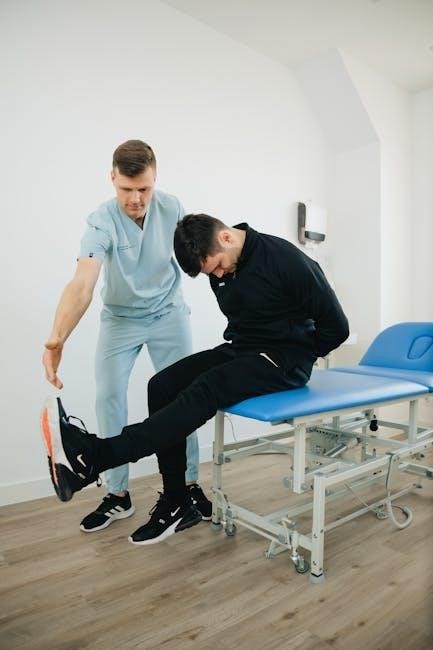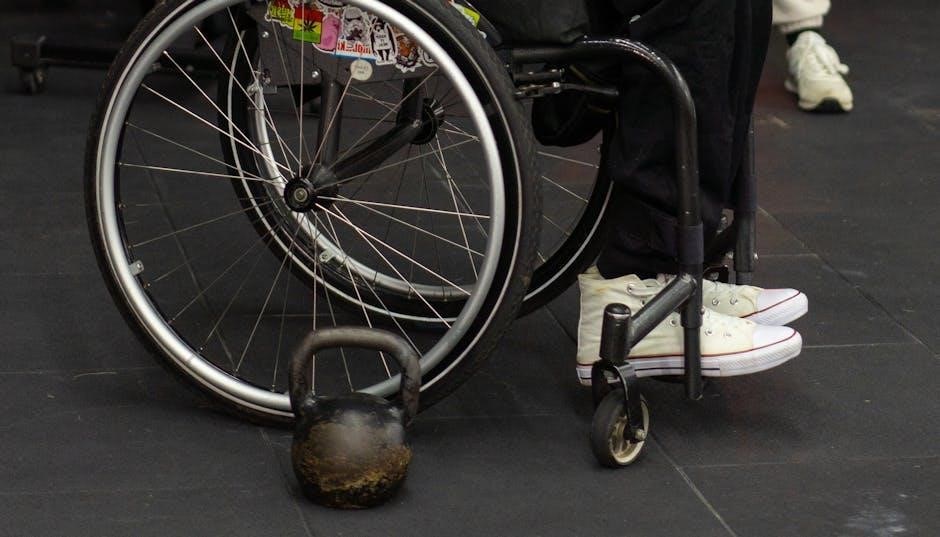diastasis recti physiotherapy exercises pdf
Definition and Prevalence of Diastasis Recti
Diastasis recti is a condition characterized by the separation of the abdominal muscles, specifically the rectus abdominis muscle. This separation can occur during pregnancy, childbirth, or other activities that put strain on the abdominal muscles. The prevalence of diastasis recti varies, but it is estimated to affect a significant number of women, particularly those who have had multiple pregnancies or are of advanced maternal age. The definition of diastasis recti is important to understand, as it can have significant implications for a woman’s overall health and well-being. According to various sources, including the American College of Obstetricians and Gynecologists, diastasis recti is a common condition that can be treated with physiotherapy exercises and other interventions. Understanding the definition and prevalence of diastasis recti is essential for developing effective treatment plans and providing adequate support to affected individuals. By recognizing the signs and symptoms of diastasis recti, healthcare providers can provide timely and effective interventions to improve outcomes. Overall, diastasis recti is a significant health concern that requires attention and awareness. With proper understanding and treatment, women can manage their symptoms and improve their overall quality of life.

Benefits of Exercise for Diastasis Recti
Preventative Exercise Protocols for Diastasis Recti

Corrective Exercise Protocols for Diastasis Recti
Core Strengthening and Aerobic Activity for Diastasis Recti
Core strengthening and aerobic activity are essential components of diastasis recti physiotherapy exercises, playing a crucial role in improving overall physical function and reducing interrectus distance. Aerobic activity, such as walking, is also recommended as part of a corrective exercise protocol, helping to improve cardiovascular health and overall fitness.
Additionally, core strengthening exercises, including abdominal exercises and neuromuscular reeducation, can help improve muscle function and reduce symptoms of diastasis recti.
Overall, a comprehensive exercise program that includes core strengthening and aerobic activity can be an effective way to manage diastasis recti and improve overall physical function, with many resources available online in pdf format.
These exercises can be modified to suit individual needs and abilities, and can be performed in the comfort of one’s own home, making them a convenient and accessible option for many people.
By incorporating core strengthening and aerobic activity into a diastasis recti physiotherapy exercise program, individuals can improve their overall health and wellbeing.
Diastasis Recti Workout Plans and PDF Resources
28-Day Diastasis Recti Workout Plan and Guided Videos

Clinical Significance of Diastasis Recti Physiotherapy Exercises
Russian Currents and Postpartum Physiotherapy Management

